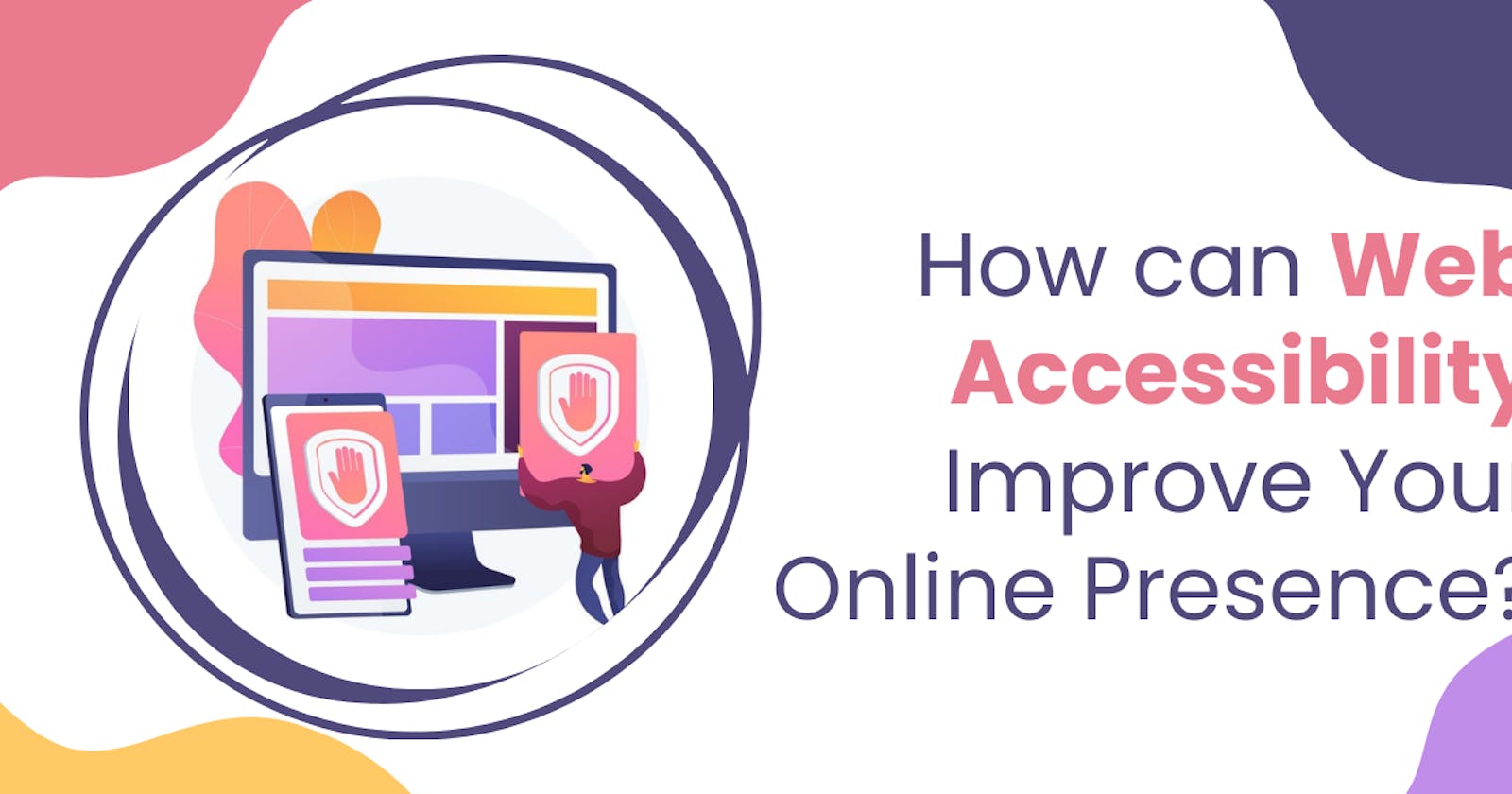An accessible website isn’t just about meeting legal compliance, it is all about creating a better user experience. By making your website content accessible to disabled users, you can reach a wider audience and improve your online presence. If your website doesn’t score high in accessibility metrics, it’s time to address the issue.
Web accessibility remediation usually means fixing your website’s accessibility. It usually conjures images of a lack of mobile interface or poor connection. However, that’s not what this term refers to. It is important to implement changes in most websites to make them accessible. Listed are the ways in which website accessibility can improve your online presence.
What Should You Know About Remediation in Accessibility?
Remediation is the process of modifying digital content so that it conforms with the accessibility guidelines. The main objective here is to recognize and address barriers that prevent disabled users from interacting with your website. Usually, the accessibility standards rely on WCAG 2.0 or WCAG 2.1.
What are the Four Principles of Web Accessibility?
Before understanding web accessibility remediation, you should know about the principles of web accessibility. Listed are the four principles of web accessibility you should know.
Perceivable: The information and interface of your website should be easily perceivable to people. This also implies that your website should be compatible with numerous assistive technologies like screen readers, screen magnifiers, etc.
Operable: Your visitors should be able to navigate and interact with your website’s functionality. Operable website design contains logical tabs and adequate time limits.
Understandability: The website should feature an easy-to-understand feature and simple interface elements. To make the website and its content understandable, it should have intuitive layouts.
Robust: The content of your website must be robust enough so that users can easily interpret it. Web technologies tend to change over time. So, you should design the website to adapt to the evolving technologies.
Why Does Web Accessibility Remediation Matter?
Web accessibility remediation matters because of the following reasons:
By referring to the web accessibility resources, you can level the playing field for people with disabilities. They can navigate and interact with your website boosting your online presence.
Accessible websites can improve user experience and promote clear communication.
You can increase your website’s reach by catering to the requirements of disabled users.
Numerous regulations globally require website accessibility to protect the rights of disabled people.
What Should You Know About the Website Accessibility Remediation Process?
Here are some important things to know about the website accessibility remediation process.
Audit Your Website:
Before getting started with remediation, auditing your website is an absolute necessity. You can use a large number of paid and unpaid tools to audit your website. Note that you must use your website’s URL to audit your website based on the WCAG guidelines.
Remediate Your Website:
After the audit, you can remediate your website to boost its accessibility. Nowadays, automated remediation is the most effective way to make your website accessible. You can also consult with the accessibility remediation services to make your site comply with the WCAG guidelines.
Constantly Monitor Your Website:
Accessibility compliance can never be a once-off task. It typically requires ongoing monitoring. This is because legal guidelines change and it becomes necessary to update your website based on them.
Final Words
Accessibility remediation can make or break the reputation of your website. Moreover, it is a legal requirement to make your website accessible. Following the set guidelines ensures optimal access and usability for individuals with different disabilities.
